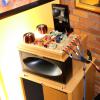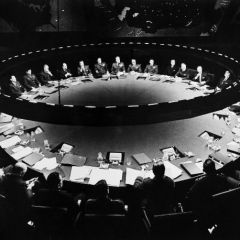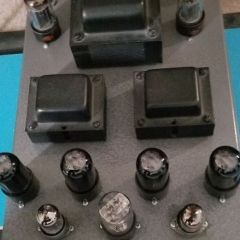Headphones
Talk about our in-ear and on-ear headphones here.
1165 topics in this forum
-
- 0 replies
- 8.4k views
-
- 155 replies
- 12.2k views
-
- 155 replies
- 77.7k views
-
- 112 replies
- 10.5k views
-
- 78 replies
- 7.5k views
-
- 64 replies
- 4.5k views
-
- 58 replies
- 5k views
-
- 51 replies
- 2.6k views
-
- 48 replies
- 3k views
-
- 40 replies
- 2.7k views
-
- 36 replies
- 2k views
-
- 35 replies
- 1.5k views
-
Image X-10 and Custom 3 comparo with Grado GR8,Shure 530,Sennheiser IE-8,Etymotic ER-4S and UE 11 comming soon! 1 2
- 34 replies
- 2k views
-
- 34 replies
- 18.3k views
-
- 33 replies
- 1.4k views
-
- 32 replies
- 1.4k views
-
- 32 replies
- 2.5k views
-
- 31 replies
- 1.6k views
-
- 31 replies
- 7.1k views
-
- 30 replies
- 9k views
-
- 29 replies
- 1.4k views
-
- 28 replies
- 19.8k views
-
- 26 replies
- 3.6k views
-
- 26 replies
- 7.7k views
-
- 25 replies
- 2.6k views












